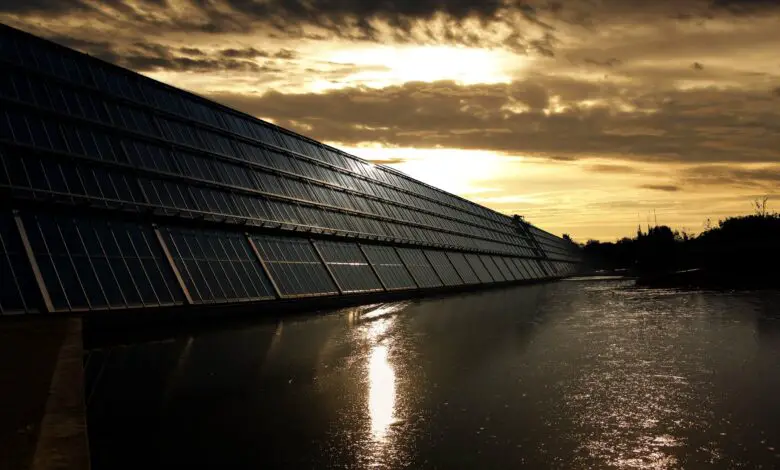
How to Choose a Solar Installer to Finance B2B
How to Choose a Solar Installer to Finance B2B
Solar energy is a clean and renewable source of energy that is becoming increasingly popular in the world. However, choosing the right solar installer and financing option can be a daunting task. In this article, we have provided some tips to help you choose the ideal solar company and financing option for your solar installation.
When choosing a solar installer, it is important to verify their licenses, insurance, and certifications. You should also choose a self-performing installer who has direct, in-house advanced solar training and knowledge of how best to install solar power equipment safely. Additionally, it is recommended to get multiple quotes from different solar energy contractors before making a decision.
There are several financing options available for solar installation, including cash, solar loans, and solar leases or power purchase agreements (PPA). If you have the funds available, paying for the installation outright is a good option. With a solar loan, you can have the panels installed and start using them to power your home right away with little to no money down. In a solar lease or PPA, you lease the solar panels from the installer and pay a monthly fee for the use of the panels or purchase the electricity generated by the solar panels at a fixed rate per kilowatt-hour.
It is important to note that the federal tax credit for residential solar photovoltaics (PV) is a dollar-for-dollar reduction in the amount of income tax you would otherwise owe. It can be claimed on federal income taxes for a percentage of the cost of a solar PV system paid for by the taxpayer. The federal residential solar energy credit is a tax credit that can be claimed on federal income taxes for a percentage of the cost of a solar PV system paid for by the taxpayer. The installation of the system must be complete during the tax year. Solar PV systems installed in 2020 and 2021 are eligible for a 26% tax credit. In August 2022, Congress passed an extension of the ITC, raising it to 30% for the installation of which was between 2022-2032. (Systems installed on or before December 31, 2019 were also eligible for a 30% tax credit.) It will decrease to 26% for systems installed in 2033 and to 22% for systems installed in 2034. The tax credit expires starting in 2035 unless Congress renews it. There is no maximum amount that can be claimed.
In conclusion, choosing the right solar installer and financing option is crucial for any installation in relation to the system’s reliability, safety, longevity, and overall performance. By following the tips provided in this article, you can make an informed decision and enjoy the benefits of solar energy for years to come.



